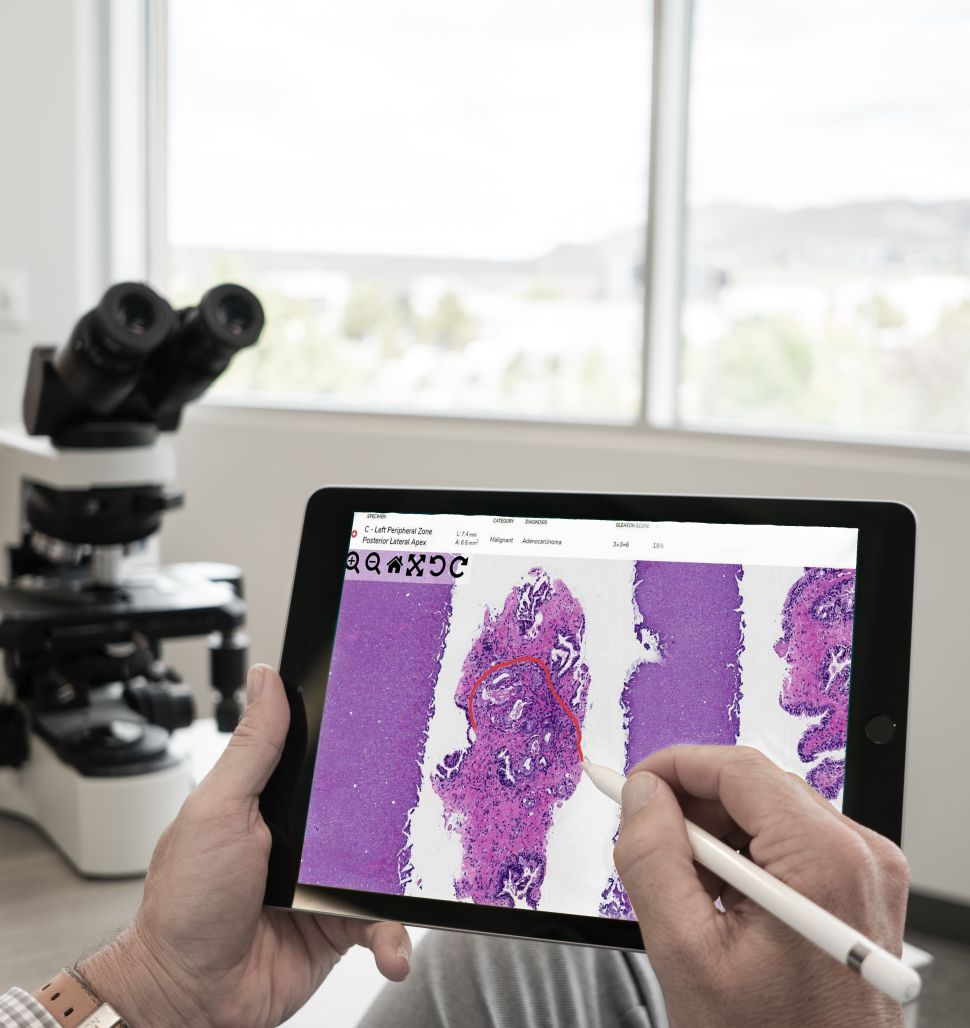
On Monday, the 37th Annual JP Morgan Healthcare Investment Conference kicks off in San Francisco—a week-long orgy of PowerPoint decks, spreadsheets and geeked-out cocktail parties that draws tens of thousands of digital health entrepreneurs, execs from health care, biotech and Big Pharma, as well as investors from across the globe. But don’t let all of their wonky banter about the ACA and the FDA fool you into thinking this is just an opportunity for scientists, doctors and health policy experts to nerd out; health care venture capital firms raised a record $9.1 billion in 2017, and according to a study commissioned by Forbes, health care startups are on pace to raise more this past year than in 2012 and 2013 combined.
Health tech is big business, and there is no place where more health business is conducted than at the J.P. Morgan conference and the dozen or so off-shoots that have sprung up alongside the main event over the years.
Subscribe to Observer’s Business Newsletter
“J.P. Morgan is the big game, but nowadays, most of the real action in terms of VCs and entrepreneurs are at the tailgate parties,” said Grady Hannah, the CEO and founder of NightWare, referring to the myriad hotel suites and restaurants that companies have booked for the entire week just to hold meetings with the hundreds of health and biotech start-ups looking to raise capital. “For entrepreneurs like myself, and especially later stage companies, JPM sets the tone for the year in terms of raising capital.”
But this year, there has been a bit of a different vibe ahead of J.P. Morgan with the industry all abuzz about the surfeit of hot start-ups that will be in town from so-called “Flyover Country”—you know, that big swath of land in between the two coasts that generally sports a crimson hue on election night.
Yep, in the health sector, “flyover tech” is hot; and this year, New York and Silicon Valley-based venture capitalists will be looking to add some octane to their portfolios by refueling in America’s Heartland.
For Aly Lovett, a partner at New York City-based Radian Capital, whose firm invests exclusively in markets outside major U.S. cities, it’s no surprise that this year there is so much talk about early-stage investment opportunities in between the two coasts.
“At Radian, we partner with entrepreneurs who have built their businesses with a focus on strong economics rather than growth at all costs. Historically, given the amount of money required to stand up a product, the software knowledge base, and coastal access to capital, health start-ups were concentrated in a handful of cities. As those dynamics have inverted and as the quality of living becomes a more important factor in attracting talent, we’re now seeing a significant increase in the number of amazing companies being built outside of the Bay Area,” Lovett explained. “We’re incredibly excited about the opportunities we’re seeing in places that might not have been considered technology hotbeds even five years ago: companies that are capital-efficient, high-growth, and led by entrepreneurs with a deep understanding of the problem they’re solving.”
After raising $440 million on top of a nearly billion dollar valuation, Minneapolis-based Bright Health, a major disruptor which is using customer-friendly technology to sell affordable health care insurance plans, has become, in many respects, the poster child for why coastal and global VCs are booking a lot of flights to the Midwest.
“It’s not an exaggeration to say that start-ups in ‘Flyover Country’ are generally of a very different breed than those that are born in a garage somewhere in Menlo Park or in a dorm room at Harvard,” said Tim Pearce, PhD, head of market research for the innovation group at Stella Health, a leading early-stage investor and incubator of health businesses located in the Midwest. “Look at companies like UnitedHealth Group, Humana, Anthem and Cardinal Health—all among the world’s 10 biggest health care companies by revenue and located in Minnesota, Kentucky, Indiana and Ohio. In Middle America, entrepreneurs are focused on solving real problems for these huge players and the ecosystems they are part of; they appreciate the regulatory frameworks that exists around these industries, and they have access to an inexpensive and experienced pool of talented health executives.”
“Most importantly, entrepreneurs in the Midwest and Rocky Mountains understand that health care is complicated; they set realistic expectations about how rapidly they can build and scale their businesses. No one is sitting there plotting to become the ‘Uber of Healthcare,'” added Pearce. “No one company is going to upend the entire multi-trillion health dollar industry overnight.”
Pearce’s sentiments were echoed by Jodi Hubler, the managing director of Lemhi Ventures, a Midwest-based venture capital firm that invests in early- to mid-stage health companies. “When you have start-ups in ‘Flyover Country’ like Bright Health—which has raised nearly half a billion dollars in venture funding so far—VCs from across the globe are bound to want to look around and see what else they have been missing here,” said Hubler.
According to over a dozen venture capitalists and health industry experts consulted, when it comes to digital health, Midwest plaid and Rocky Mountain flannel are indeed the New Black.
Observer asked its panel of experts to offer their thoughts about this year’s focus on ‘Flyover Tech’ in digital health and asked them to highlight some of the hottest companies from Middle America that will be in San Francisco during this week’s big J.P. Morgan shindig. The list is not a ranking per se, but rather a snapshot of 20 early- to mid-stage start-ups that are tearing it up in-between the coasts.
And now, without further ado: Observer’s 20 Hottest Health Start-Ups in ‘Flyover Tech’ at the 37th Annual J.P. Morgan Healthcare Conference
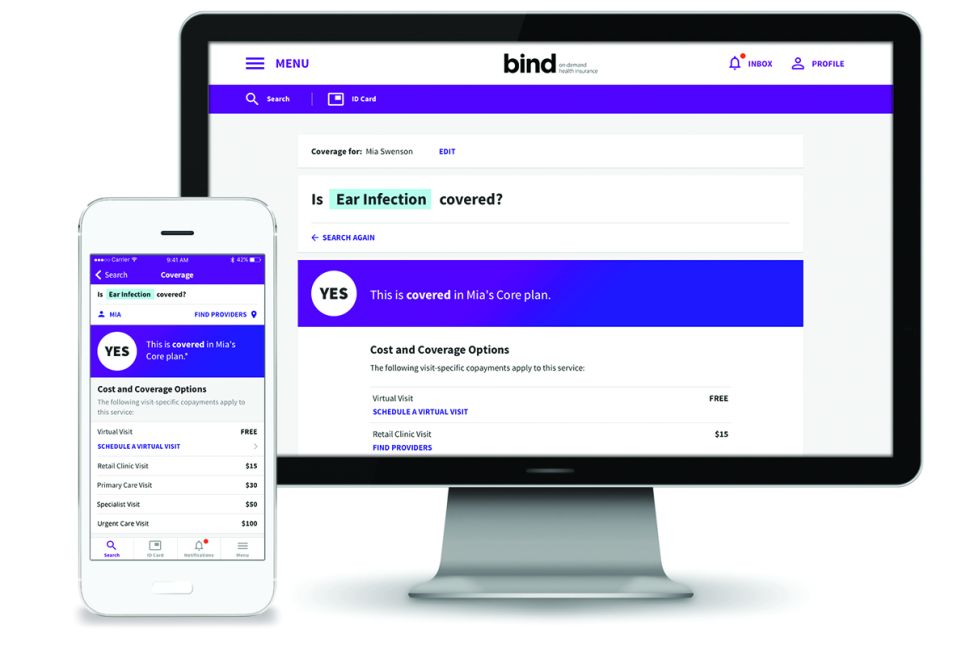
1. Bind (Minneapolis, Minnesota); Capital Raised: $82 Million
Bind is health insurance rewired, powered by an agile and simplified consumer experience. Observer’s impaneled experts like that Bind has removed barriers like deductibles and co-insurance, so people can get the care they need and know all of their costs in advance. The user-friendly Bind experience lets members manage their plan with ease and obtain immediate answers on-the-go. No mazes, dead ends or run-arounds. VCs are also enamored with Bind’s ability to reduce employer health care costs.
2. Solera Health (Phoenix, Arizona) Capital Raised: $30 Million
Solera Health is often referred to as the “Match.com for health care”—their platform connects people to a national network of community organizations and digital apps that match their specific needs and preferences. From data-driven matching to a clearing house function for outcome-based payments, Solera’s marketplace model has transformed a chaotic landscape into a curated ecosystem of integrated solutions for monitoring, measuring and improving health. With over 60 million contracted lives, the Phoenix-based disruptor is enabling an entire economy of community and digital solutions that has otherwise been too fragmented for people to discover, explore and coordinate.
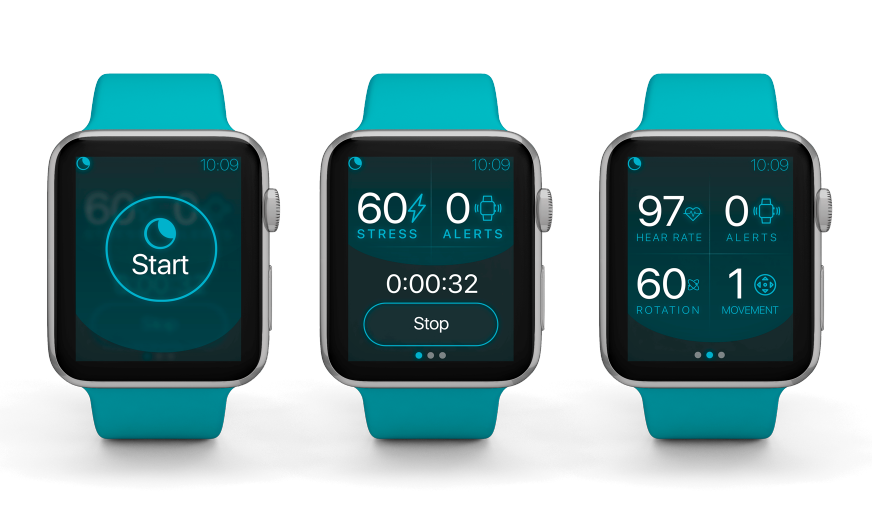
3. NightWare (Minneapolis, Minnesota); Capital Raised: Undisclosed
NightWare is a digital therapeutic treatment for Nightmare Disorder, which occurs in approximately 70 percent of cases of PTSD. This clinical stage company stands to improve outcomes for key veteran and civilian PTSD populations, while also bringing providers into the age of software-defined behavioral health. According to Frank Jaskulke, the vice president of intelligence at the Medical Alley Association, one of the nation’s preeminent trade organizations for health care and health technology companies, “NightWare is a real game changer. The company could very well become the first FDA-cleared digital therapeutic solution that uses a physical intervention to treat a massive set of complex disorders.”
4. ClearDATA (Austin, Texas) Capital Raised: $80 Million
ClearDATA Networks isn’t sexy, but it’s a game-changer in health IT, by providing health care cloud computing and information security services for health care providers, enabling clients to fully automate, protect and securely manage health care medical records, applications, IT infrastructure and digital storage.
5. Healthe (Eden Prairie, Minnesota); Capital Raised: $6 Million
With its patented Eyesafe technology, Healthe is the driving force in the crusade against the biggest health crisis of the digital era: harmful HEV blue light. Emitted from smartphones and an array of digital devices and LED screens, Healthe’s blue light filtration technology has enabled the start-up to ink deals with Dell and ZAGG, and with a host of other manufacturer deals in the pipeline, getting time on CEO Justin Barrett’s calendar at JPM is high on just about every VC’s checklist.
6. MyMeds (Minneapolis, Minnesota); Capital Raised: $6 Million
Some of our experts see MyMeds as the next generation of PillPack, the company Amazon swooped up for a jaw-dropping $1 billion in June of 2018. With a recently announced major partnership with the Mayo Clinic, this Minnesota-based start-up is addressing one of the biggest nagging problems in healthcare—medication non-adherence. By working with the complex system that links patients, doctors and pharmacies, MyMeds is arming health care providers and patients (and their loved-ones) with an array of tools to make sure people take their meds. Many experts expect a sale to a big player, such as an Amazon or Walmart, in 2019 or 2020, which is why CEO Rajiv Shah’s dance card is a hot item in San Francisco.
7. Visibly (Chicago, Illinois); Capital Raised: $19 Million
With an online vision test that allows patients to renew their prescription anywhere, anytime, Visibly offers eye care providers, eyewear retailers and other organizations customizable software solutions to enable a better patient-consumer experience. For millions of Americans who wear glasses, being able to skip the office visit for an eye exam and do it at home is a major time-saver that ensures they do it regularly—and that is something insurers are willing to pay for.
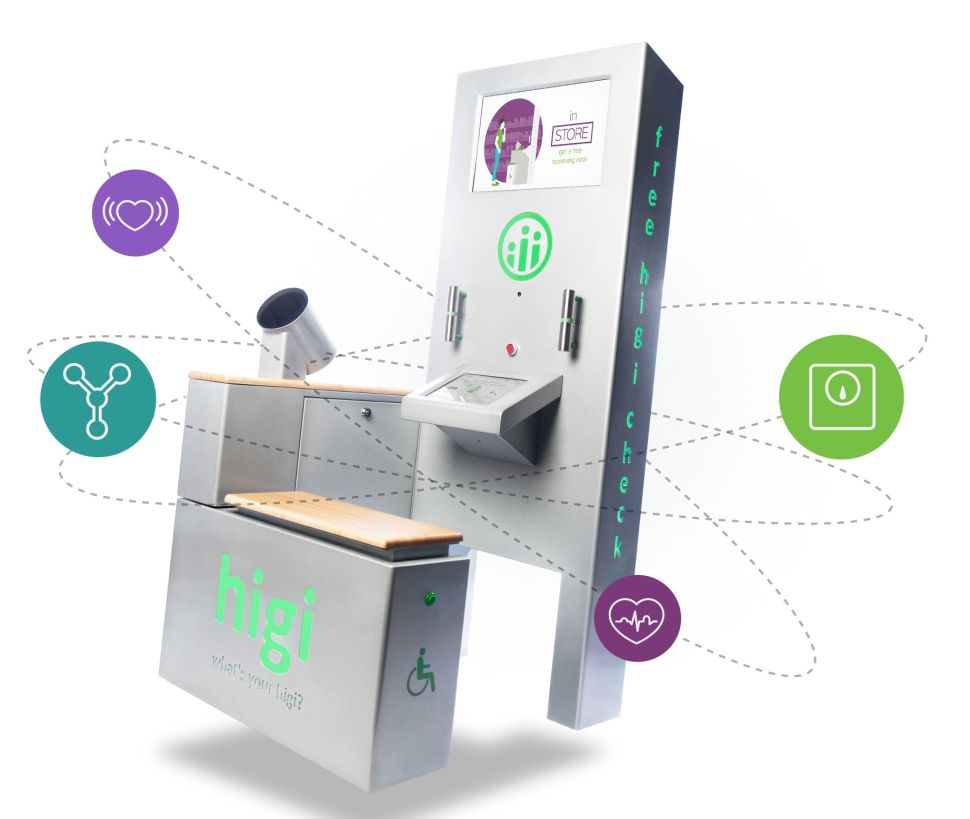
8. Higi (Chicago, Illinois); Capital Raised: $61 Million
Higi owns and operates the largest FDA-cleared self-screening health station network in the United States with nearly 11,000 health kiosks located in grocery stores, pharmacies and Big Box retailers. Tens of millions have used Higi health stations to conduct nearly 200 million biometric screenings (e.g., blood pressure, pulse, weight, body mass index), and over 4.5 million people have signed up for a Higi account which offers an all-in-one biometric and activity data feed for personal health management.
9. HistoSonics (Ann Arbor, Michigan); Capital Raised: $33 Million
HistoSonics is the stuff of pure sci-fi. The start-up from the Wolverine State has developed a completely non-invasive robotics platform and new procedure, Robotically-Assisted Sonic Therapy (RAST), which allows physicians to treat various diseases without ever entering the body, providing continuous real-time visualization throughout the procedure. The company’s initial focus is in interventional oncology, including the treatment of liver, kidney and pancreatic cancer, and is eyeing treatments focused on lung, breast and brain cancer in the near future. Commercialization in the U.S. and EU is planned for later this year.
10. LUMEA (Lehi, Utah); Capital Raised: Self-Funded
The former hit Fox Television franchise House, starring the prickly genius pathologist Dr. Gregory House (played by Hugh Laurie), is about to look awfully dated now that LUMEA has begun rolling out a suite of technologies and products that are reinventing the laboratory of the future. Experts have lauded this Utah-based company with creating an end-to-end solution, from clinic to lab, that has developed an advanced digital pathology diagnosis platform unlike none other. Using a combination of new state-of-the art tools to re-imagine the laboratory coupled with advanced A.I. (artificial intelligence), LUMEA is upending the $50 billion laboratory diagnostic market.
11. Springbuk (Indianapolis, Indiana); Capital Raised: $24 Million
The Indiana-based start-up provides a health intelligence platform that provides actionable health insights for its client companies. According to former Seattle-based Echo Health Ventures partner Matthew Karls, Springbuk has positioned itself at the foothills of an industry poised for explosive growth in the coming year. “This is a hot area for employers, as they increasingly are seeking opportunities to drive down costs and improve health and well-being of employees.”
12. Sansoro Health (Minneapolis, Minnesota); Capital Raised: $15 Million
Health care is perhaps the most complex data set anywhere, with millions of patients, hundreds of thousands of possible data points per patient, and multiple users. And it all has to be secure and HIPAA compliant. Getting these systems to talk with one another is not for the faint of heart. Sansoro Health is aiming to become the Rosetta Stone of health IT with Emissary, a universal API platform for clinical data exchange that rapidly deploys and scales to support enterprise applications. Sansoro Health is putting a stake in the ground as an early mover in the $20 billion global health IT integration market.
13. LearnToLive (Minneapolis, Minnesota); Capital Raised: $10 Million
Based on the proven principles of Cognitive Behavioral Therapy (CBT), Learn to Live is the early mover in online mental health; by taking customized therapeutic treatment online, and offering programs and live coaching that is confidential and accessible anywhere to health plans, employers and universities, they are taking the $200 billion U.S. mental health industry by storm. Medical Alley’s Jaskulke says that Learn to Live will actually drive growth and expand the mental health industry. “Learn to Live’s ability to offer confidential, online and remote treatment addresses the ‘stigma’ issue which is still very much of an obstacle in diagnosing and treating mental health disease.”
14. Smile Direct Club (Nashville, Tennessee); Capital Raised: $380 Million
This is a start-up putting smiles on faces across the globe—especially on the faces of their investors. The teledentistry start-up produces direct-to-consumer 3D-printed clear aligners. Impression kits are sent to customers, after which teeth molds are reviewed by dentists or orthodontists who oversee the treatment process. The company is taking the smile business overseas with a November 2018 announcement that they would be entering the Canadian market.
15. SteadyMD (St. Louis, Missouri); Capital Raised: $4 Million
This start-up from the Show-Me State is showing the entire health care marketplace that there is a new, better and more cost-efficient remote primary care model that uses technology to match individuals—who may be on opposite coasts—with primary care physicians who share their lifestyles (e.g., matching two serious CrossFit enthusiasts or a transgender patient with a transgender doctor). The idea is that a doctor who knows more about your lifestyle will recommend better care.
16. Collective Medical (Salt Lake City, Utah); Capital Raised: $48 Million
Sometime a start-up gains a lot of traction by solving a really basic problem with a really simple idea. In the case of Collective Medical, the founders created a company that allows Emergency Rooms to share information with one another about incoming patients, enabling them to quickly download patient histories, medications and other critical information, enabling better treatment and less waste. The results have been nothing less than sweeping in nature, with many state authorities now mandating that ERs implement and use Collective’s data sharing platform. The venture community likes the idea as well.
17. Limb Lab (Rochester, Minnesota); Capital Raised: Self-Funded
Limb Lab is redefining the field of clinical prosthetics, with an inspired and novel approach to customizing the experience of getting a new limb. Company marketing materials ask prospective patients: “What kind of experiences do you seek? What do you want to do?” Experts hail the start-up’s creative, bespoke, patient-focused, selection and fitting process that empowers its patients to achieve their personal goals. Most striking about Limb Lab is the way its clinics look and feel, selecting walkable, street-level locations for its sites, and designing them with sleekly-modern-yet-warm interiors—an aesthetic that has many calling the company the “Apple Store of Prosthetics.” Part medical device company, part retailer, Limb Lab is changing the way patients connect with prostheses.
18. Upfront Health (Chicago, Illinois); Capital Raised: $9 Million
CEO Ben Albert is a serial entrepreneur who has successfully exited a number of health start-ups to giants like Advisory Board Company. His latest venture is tackling access, operational efficiency and consumer experience by using a data-driven approach to create a one-to-one relationship, prompting consumers to take the best next action throughout the duration of their care journey. According to Matthew Karls, “Upfront is the missing piece to making all visits valuable for everyone. Their Personalization Platform enables leading health care organizations to establish and maintain consumer loyalty and navigate increasing volumes to the right service at the right time.”
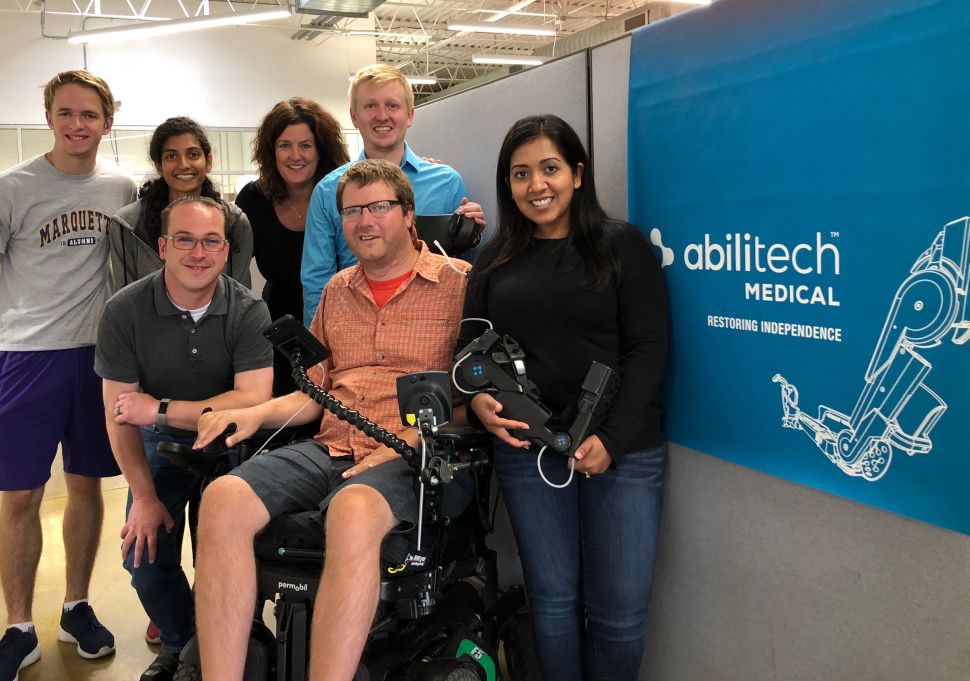
19. AbiliTech Medical (St. Paul, Minnesota); Capital Raised: $10 Million
AbiliTech is one of those companies that is bringing to market a product that, at first blush, seems straight out of science fiction for patients with very limited mobility, such as those suffering from MS, muscular dystrophy, ALS and spinal cord injuries. Their first device augments patient function to restore independence by helping people feed themselves, perform tasks of self-care and will literally open doors to new opportunities. On the company’s not-so distant horizon: fully robotic solutions for those who have lost command of an arm as a result of a brachial plexus injury, spinal cord injury, stroke or those afflicted with Parkinson’s. The company is cooking up truly transformative solutions to address a $50 billion market that will change tens of thousands of lives.
20. Vivify Health (Plano, Texas); Capital Raised: $24 Million
It’s no secret why VCs are quite smitten with Texas-based Vivify Health—who wouldn’t want a stake in a company whose revenue has more than doubled every year since 2014? The pioneer and market leader of remote care via mobile devices is now a fixture in over 700 hospitals and 200 non-hospital sites of care with no signs of slowing down.
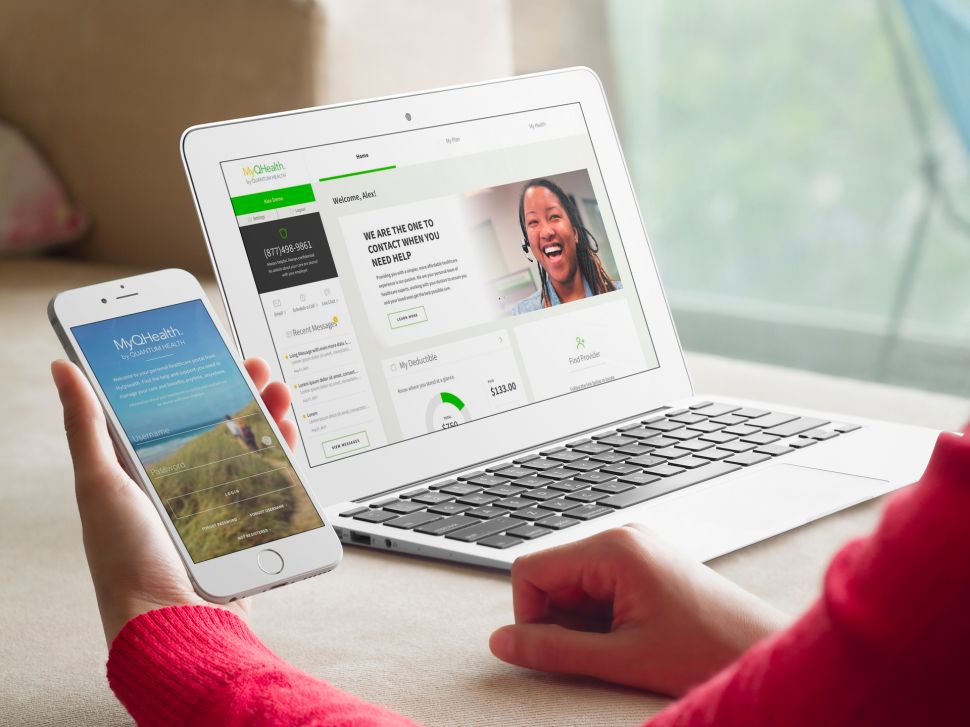
Honorable Mention: Quantum Health (Columbus, Ohio); Capital Raised: Undisclosed
This Ohio company is a bit older than the rest of the start-ups on the list, but is rapidly growing as Fortune 500 clients turn to Quantum to shift employee engagement and utilization to decrease costs and deliver a vastly improved health care journey. Think of the company as personalized concierge for an individual’s unique set of health care needs. From selecting a specialist, to running interference ahead of byzantine reimbursement systems, Quantum uses technology to become your personal fixer/butler/tour guide, simplifying the healthcare experience; and with over a million customers and a high Net Promoter Score (NPS) of 75, a metric used to gauge the loyalty of a firm’s customer relationships, it seems that Quantum is doing its job quite well.

